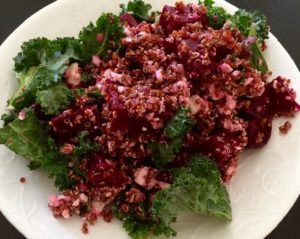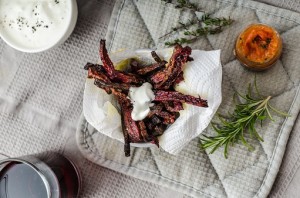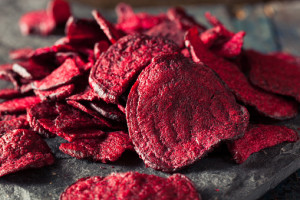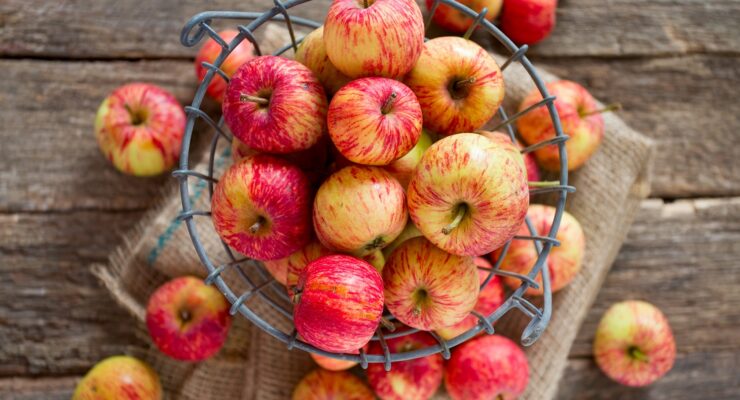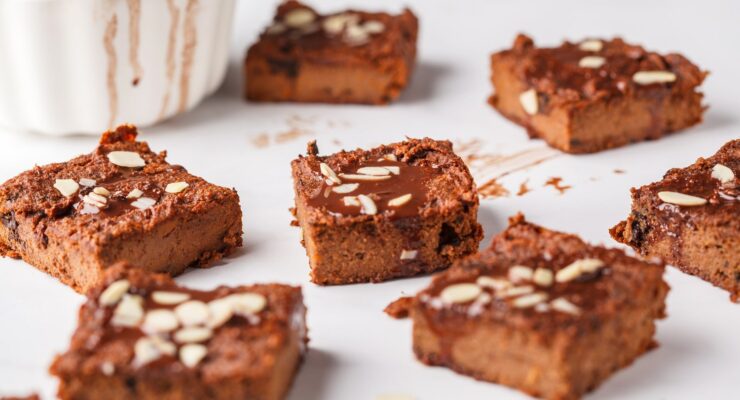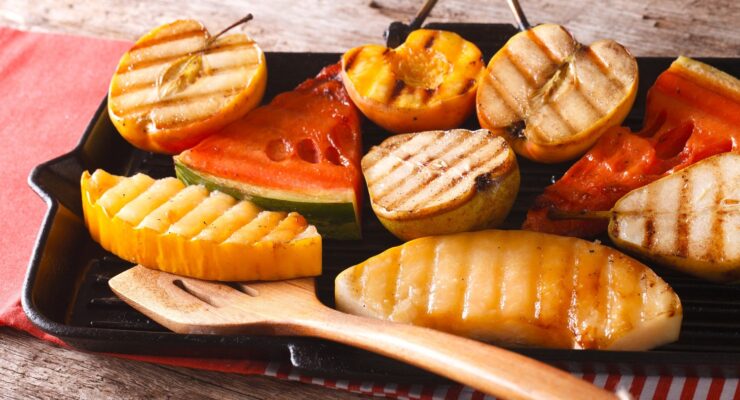When it comes to nutritional value, the beet cannot be beat! These vibrant root vegetables are sweet in taste but actually rank low to medium in the Glycemic index. Therefore, eating them won’t lead to quick spikes in your blood glucose levels like eating other sugars would.
Digging deeper into these bulbous beauties tells us that they are also free of fat, saturated fat and cholesterol. They are low in sodium, high in potassium, and high in iron, which is good for combating anemia and fatigue. Beets also contain nitrate, which lowers blood sugar, potassium for heart health, and silica for bone strength. A major benefit of the beet is its high folic acid content. This vitamin is crucial in prenatal care as it aids in the development of the neural tube and spinal cord.
Now that we’re well-versed in what makes the beet a nutritional MVP, let’s get acquainted with some interesting tidbits that add to their allure. First up is a widely documented use of the beet as an aphrodisiac dating all the way back to Roman times. There is actually some truth to this claim—beets contain the mineral boron, which is known to increase hormones related to sex drive.
While we here in the U.S. top our burgers with lettuce, tomato and onion, those who live down under in Australia up the nutritional ante by adding sliced beets to theirs. Beets are also a well-known ingredient in the popular Eastern European stew, borscht. And the juice of a beet has such a concentrated, rich color that it can be used as a natural dye.
Beets can be prepared many different ways. They can be cubed and added to salads, juiced to sip, eaten raw or roasted, or pickled to perfection! While there are a few different varieties with colors ranging from red, orange-yellow and white, the most commonly consumed beet in the U.S. is the Red Ace Beet. When shopping, make sure you choose bright and firm beets with smooth skin, knowing that the smaller the beet, the more tender. When storing, remove the leaves and keep in the fridge in a plastic bag for up to three weeks.
Want to get started on your path to beet bliss? Our recipes will show you how:
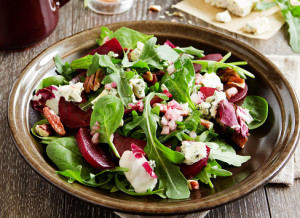
2. BEETROOT AND QUINOA SUPERFOOD SALAD
